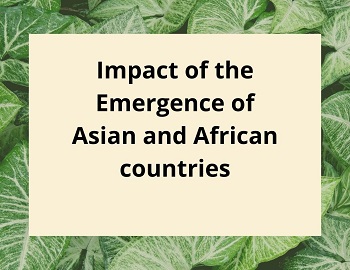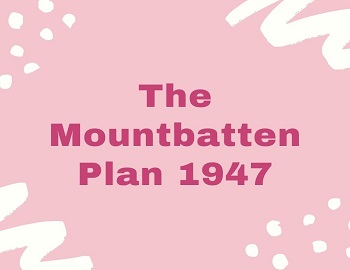Table of Contents
Wardha Scheme of Basic Education- Mahatma Gandhi:
Main Aim:
The main aim of the Wardha scheme of basic education was ‘learning through activities‘. A committee worked out details of the scheme to be implemented in the provinces under the chairmanship of Dr. Zakir Hussain.
Fundamentals of Basic Education:
Free Compulsory Education:
Mahatma Gandhi asserted that within the ages 7 and 14 education should be free, compulsory, and universal. As a concession, however, girls, if their guardians so desire, could be withdrawn from the school after their twelfth year. During this period of seven years, Gandhiji planned to include primary, middle, and high school education. He stated that primary education was the minimum which must be given to all. Hence he simply emphasized minimum universal education, which he considered indispensable for the successful working of democracy.
Mother-tongue to be the Medium of Instruction:
Gandhiji is a great champion of mother-tongue. He stressed that mother-tongue should be the medium of instruction. He believes that no real education is possible through a foreign medium. The foreign language causes brain fag, stifles all originality, puts undue strain on the nerves of our children, and makes them only crammers. On the other hand, the mother-tongue will help the child to think quickly, to express easily and freely, and to bring out the clarity of ideas. It will introduce the child to the rich heritage of his ancient culture.
Craft as the Centre of Education:
Education should center around some craft or productive work. All subjects like history, geography, arithmetic, science, language, music, painting, etc. should be correlated with the craft. By teaching craft, Gandhi’s object was not to produce craftsmen but he wanted to exploit the craft for educative purposes. Craft centered education will develop certain qualities of head and heart. It will bring into play co-operative activity, the dignity of labor, planning, accuracy, initiative, responsibility, emotional catharsis, and equalization of classes. The craft in basic education is to be chosen keeping in view the local needs and in harmony with the local environment.
Self-supporting Element:
Wardha scheme of basic education is based on the principle, “learn while you earn and earn while you learn.” In a poor country like India, where it is not possible to provide heavy educational budgets, self-sufficiency is the best solution. To Gandhiji self-sufficiency is acid test of basic education. The pupils must be able to meet the salary of their teacher through the sale of the products of their crafts. The state should pay for other expenses such as furniture, books, tools, and school buildings. The state should provide the marketing facilities for the goods produced in the school.
Cult of Non-violence:
Gandhiji wanted the future citizens of this country to be imbued with the ideal of non-violence. In the words of Mahadev Desai, “The idea of self-supporting education cannot be divorced from the ideological background of non-violence. Non-violence is the panacea for all evils. Gandhiji said, “Where the whole atmosphere is redolent with the pure fragrance of ahimsa (non-violence), boys and girls studying together will live like brothers and sisters in freedom and yet in self-imposed restraint; the students will be bound to the teachers in the ties of filial love, mutual respect, and mutual trust.” Every act of students according to Gandhiji, should be accomplished by love. He remarked, “We cannot, will not think of exploitation and we have no alternative but this plan of education which is based on non-violence.”
Ideal of Citizenship:
Wardha scheme of basic education encourages cooperation and lays the foundation of ideal citizenship. It will enable the child to discharge his duties and responsibilities of a good citizen. The character of the students would be developed. It will promote dignity, efficiency, and a sense of social service.
Relation with Life:
Education in the school should be closely related to life activities and problems of children. This is to be achieved through the principle of correlation and integration. Education should help the child in understanding and solving the problems of life.
Reason for the Postponement of Wardha Scheme of Basic Education:
The Wardha scheme of basic education had to be postponed due to the outbreak of the Second World War (1939-45) and the resignation of Congress ministers from eight provinces.









Comments (No)